Forcing Ourselves into the Shoes of Others
This post by Thrive Fellow Rebecca Freihaut is related to the Thrive Community & Social Impact Fund.
It wasn’t until my early years of adulthood that I discovered I’d experienced a fairly unique childhood. I grew up in a rural area of Kentucky in a beautiful, wooded area surrounded by farms, where I was free to run and explore with few boundaries. My mother was a social worker/activist who encouraged me to practice the exercise of “walking in the shoes of others” as early as I can remember. She accomplished this goal by involving me in volunteer work in soup kitchens, women’s shelters, senior centers, political campaigns, etc. throughout the school year. During the summers, she would allow me to join her as we made our way down country roads in the tri-county area of which she was assigned.
Two or three times a week we ventured out on an all-day journey to deliver food, check on elderly clients, to arrange transportation, and many other services. Each stop brought a new opportunity for me to imagine myself in someone else’s shoes. Given that I was born with an overactive imagination, this “putting myself into the shoes of others” was sometimes an emotional exercise. I imagined the widowed elderly woman who continued to offer tea and cookies long after we were full as a ploy to prevent us from leaving. How often did she get visitors? Who could she call for help if she needed something? Did she have any family living? Or imagining the life of an injured veteran as I saw him waving goodbye from his front porch, watching him through the dust of his gravel driveway out the back window of our car. Was it hard to go from place to place in his wheelchair? Did he ever feel mad that life brought him to that place? Was easier for him to just stay home rather go through all the trouble that his disability brought?
Fast forward many years to the early months of 2020 with the onset of the global Covid pandemic. Fear gripped the country as we tried to isolate, follow protocol, and protect ourselves from the uncertainties that this mysterious virus brought. Many of us, for the first time in our lives, got a small peek into the world of the chronically isolated. Millions who live alone, but who typically live active and social lives, were forced into a situation of isolation, but also the potential for loneliness, which is the internal feeling of isolation versus the measurable counting of those who live alone. Even those who lived in a household with others were significantly impacted by this sudden removal from the outside world. Nationally rates of suicide, anxiety/depression, and substance abuse have been on the rise since the onset of Covid. Many experts attribute much of the uptick of mental health and substance abuse issues to both the social isolation and economic burden associated with pandemic.
Covid was not a choice, nor a mental exercise. It constituted what could be seen as being “forced into the shoes of others”. But for many of us, this abrupt change of pace also allowed time for reflection. In my own life, I thought back about upon the years of traveling with my mother as she tirelessly tried to lessen the burden of others by traveling those country roads and brought not only food and resources, but something much more precious- her time. I also realized through reflection (and recent conversations with my mother) that she not only brought me along to help shape my worldview, but also to provide youthful energy and entertainment to those who often had few outside visitors except social services. Fortunately, I was an overly energetic child who was more than happy to share my new skills of pogo stick jumping, hula hooping, or the sharing of an off-key version of my favorite songs!
My hope is that the pandemic, as traumatic and tragic as it has been for many of us, will also serve as a catalyst toward understanding the plight of those who are not slowly returning to “normal” life, but are chronically socially isolated and lonely members of our society. That this relatively short, inconvenient season of our lives will serve as a reminder of the nearly invisible members of our society who existed long before Covid and who will need our actionable help long for the foreseeable future.
